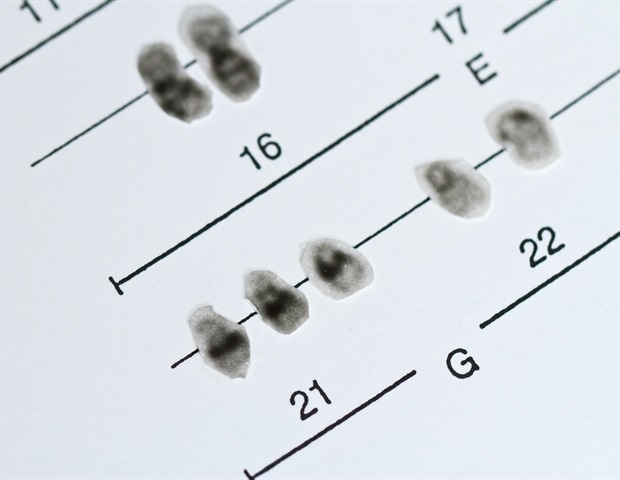A new study published in Nature Communications by researchers from the Linda Crnic Institute for Down Syndrome (Crnic Institute) at the University of Colorado Anschutz Medical Campus reports a significant breakthrough. The research, part of the ongoing Crnic Institute Human Trisome Project, identifies distinct molecular and immune subtypes across individuals with Down syndrome, offering new insights that could lead to personalized medicine approaches for the clinical management of this condition.
The Crnic Institute team analyzed the expression of genes encoded on chromosome 21, which is triplicated in those with Down syndrome, across hundreds of research participants in the Human Trisome Project, and identified unique patterns of gene overexpression among individuals. By employing advanced machine learning algorithms, researchers matched the variable chromosome 21 gene overexpression patterns to three distinct molecular and immune subgroups of individuals with Down syndrome. This is the first time that molecular profiles derived from blood samples are used to stratify the population with Down syndrome into distinct subsets.
“There is remarkable variety in terms of developmental and clinical features in people with Down syndrome, and we strongly believe that this diversity is the key to making discoveries that will improve health outcomes and increase life expectancy in this deserving population,” says Dr. Joaquin Espinosa, executive director of the Crnic Institute and director of the Human Trisome Project.
“These discoveries mark a transformative step toward developing better medical care for individuals with Down syndrome, says Crnic Institute Research Associate, Micah Donovan, PhD, one of the leading data analysts. “This allows us to shift from a generalized strategy to a more tailored, precise therapies approach that addresses the unique manifestations of co-occurring conditions in Down syndrome.”
The different molecular signatures in immune function, cellular signaling and metabolism provide basic and clinical researchers with a roadmap to pursue tailored diagnostics and therapeutic approaches in this population.
“This study also highlights the power of advanced computational approaches for the analysis of large-scale datasets, explains Dr. Matthew Galbraith, PhD, director of the Data Sciences Program at the Crnic Institute and a senior author of the publication. “Enabled by the datasets generated by the Human Trisome Project, it is now possible to envision a personalized medicine approach for the study of Down syndrome, similar to what has been achieved for other medical conditions.”
The Crnic Institute researchers hope that these insights will lead to better clinical outcomes and improved quality of life for individuals with Down syndrome. This leading-edge work not only deepens our understanding of Down syndrome, but also exemplifies the potential for more precise diagnosis and treatment of complex medical conditions.
“We are beyond grateful to the Crnic Institute for their game-changing research that is already translating into improved medical care and health outcomes for the amazing people with Down syndrome who we serve,” says Michelle Sie Whitten, president & CEO of Global Down Syndrome Foundation, a partner and an Affiliate organization of the Crnic Institute. “We are proud that GLOBAL’s advocacy work with Congress and with NIH has led to the establishment of the trans-NIH Down syndrome funding project, INCLUDE, that underwrites this and numerous other groundbreaking studies and clinical trials.”
Down syndrome, also known as trisomy 21, is caused by an extra copy of chromosome 21 and is associated with differences in neurodevelopment and a distinct clinical risk profile. Individuals with Down syndrome have a significantly decreased risk of some medical conditions, such as most solid cancers and hypertension, but they have a significantly higher risk of others, such as autoimmune disorders and Alzheimer’s disease. However, the variability in how these traits manifest in individuals with Down syndrome has long perplexed medical and research communities.
Source:
University of Colorado Anschutz Medical Campus
Journal reference:
Donovan, M. G., et al. (2024). Variegated overexpression of chromosome 21 genes reveals molecular and immune subtypes of Down syndrome. Nature Communications. doi.org/10.1038/s41467-024-49781-1.








